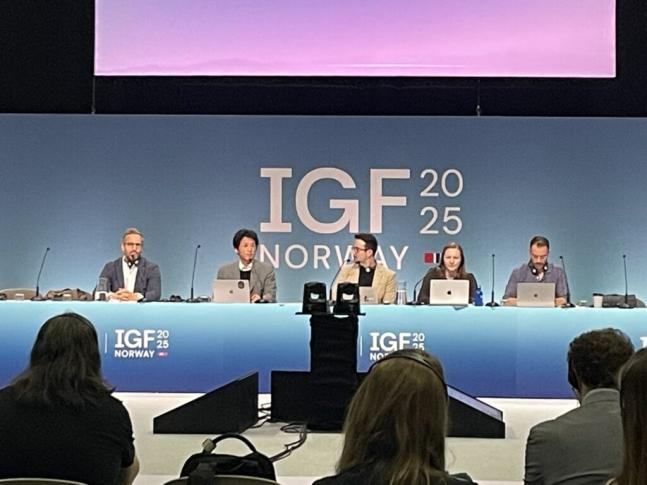
This piece was originally published by APC member organisation Open Net.
You already know that the sender pay rule proposed by telcos at ITU 2012 was roundly rejected by all stakeholders. The information revolution was made possible by the keep & bill system through which no one was charged for sending data (or even receiving data) because people crowdsourced their connections for mutual benefit – just like all the villagers come out to deliver water buckets free of charge to anyone to put out a house fire since the fire can happen any one house. And the data delivery to their immediate neighbors (or routers) did not cost much money.
As a result, people could speak online without having to worry about the financial cost of sending data to others. Of course, it had the added benefit of avoiding the political cost as you can see in contrast to the 1980s’ democracy fighters of Kwangju (in the photo) who are manually making leaflets that they had to distribute risking their lives. The new system was so efficient that it was made into law in the US and EU under the name of net neutrality and the internet was nominated for a Nobel peace prize. Now, the sender pay rule exactly undercuts by taxing people for speaking online.
Now, network fee proposal tries to sound different, and seems to apply only to cross-border data traffic and therefore has a nationalistic character to it. What telcos are saying is that they are spending money to maintain the domestic network so whoever is sending data into the network and therefore burdening the domestic network needs to pay the telcos maintaining it. However, what telcos are forgetting is that the traffic route has the overseas segment and the domestic segment.
Continue reading on Open Net's website.
Kyoungmi Oh is a researcher working at the intersection of art, feminism, and digital and cultural policy. Her work encompasses a wide range of issues, including fine art, cultural policy, and freedom of expression in the digital age. At Open Net, she has broadened her focus to include digital human rights, with recent projects addressing regulatory frameworks for hate speech by public officials and the promotion of platform diversity. She attended the 2025 IGF with the support of the APC Member Engagement and Travel Fund (METF).